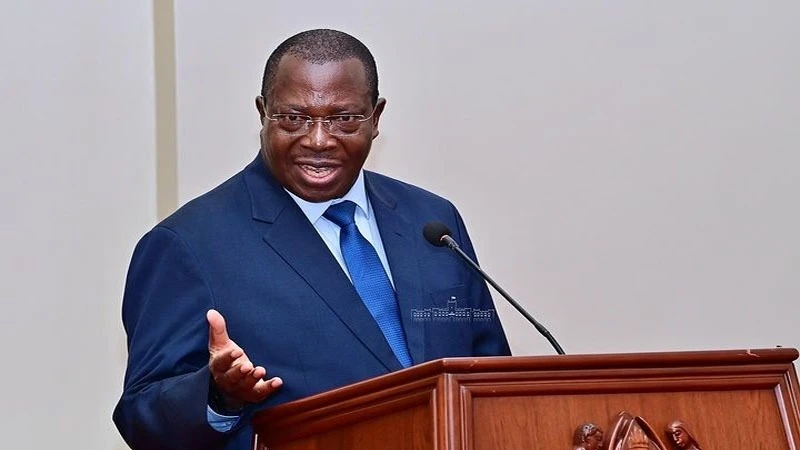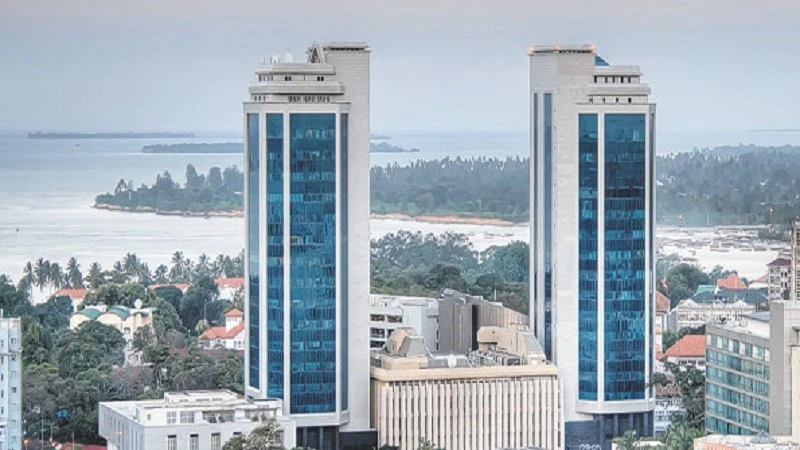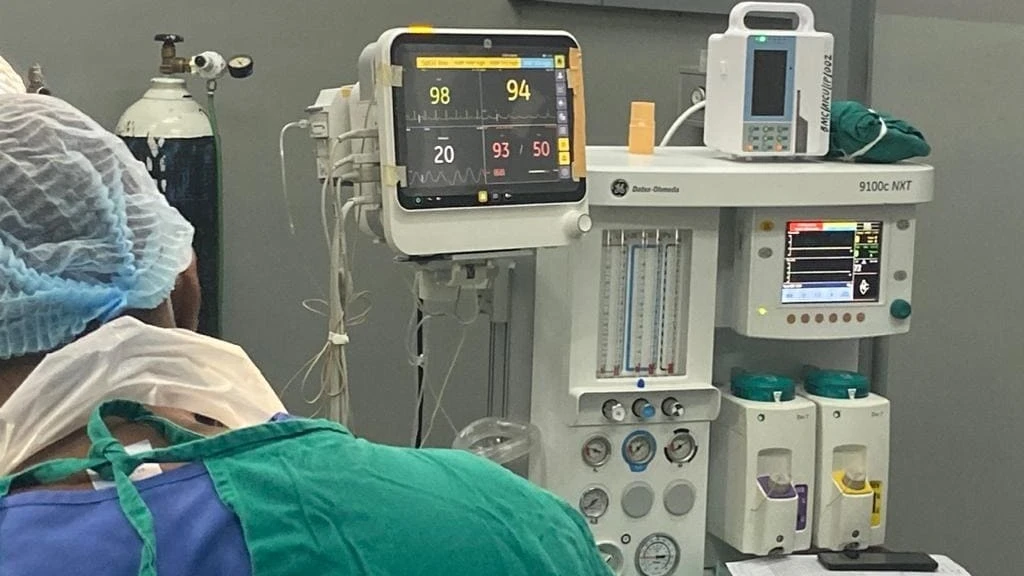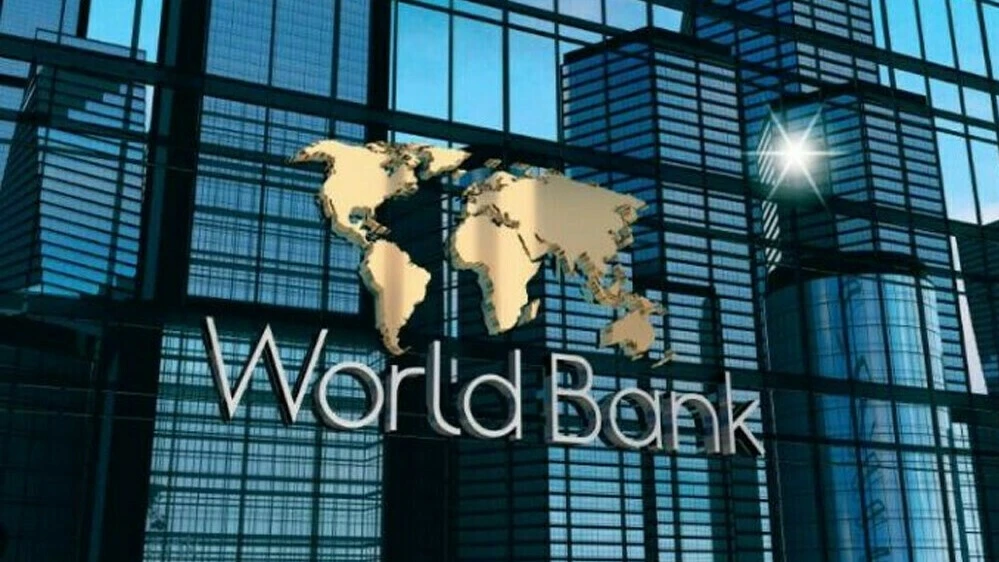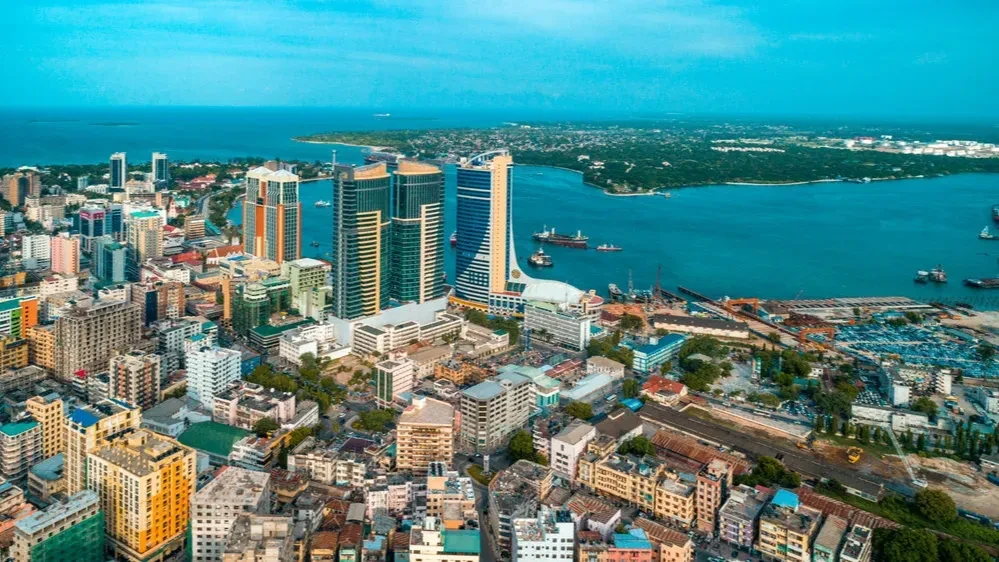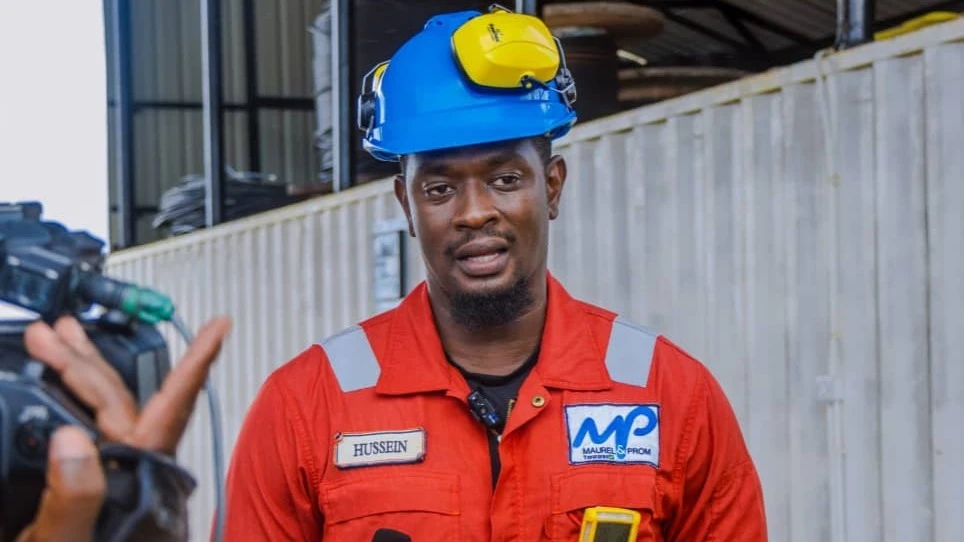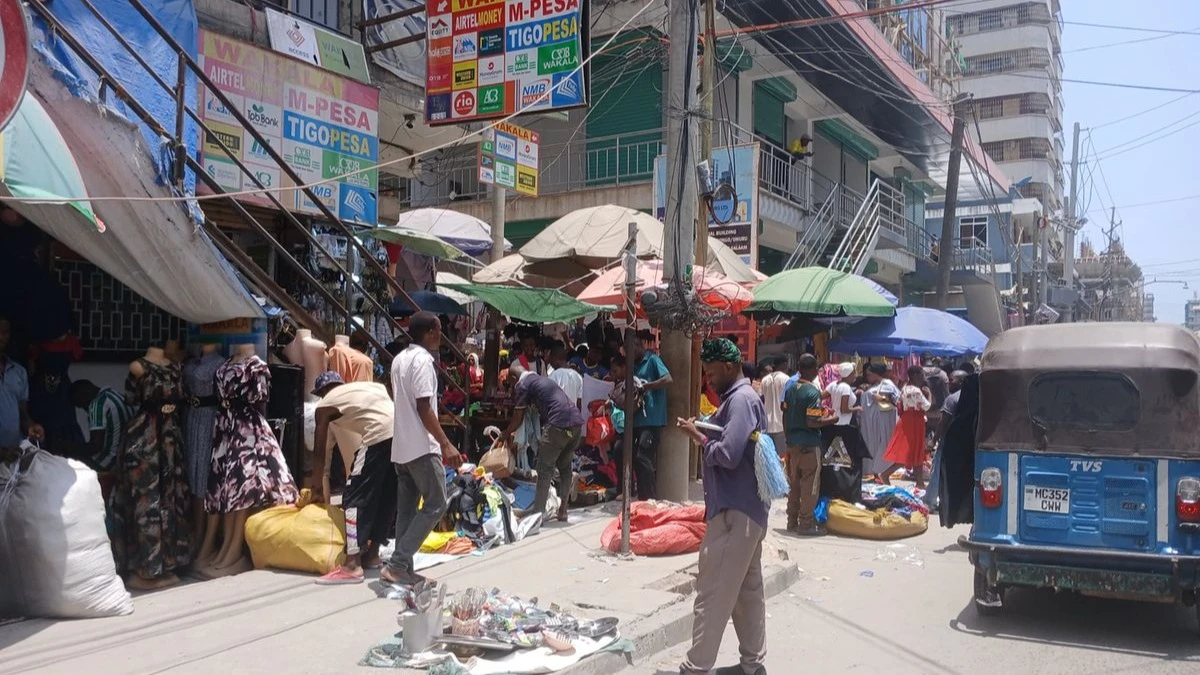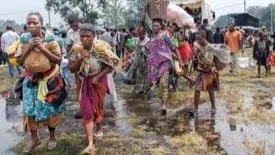Recounting sacrifices ahead of TAZARA revamp vitally helpful
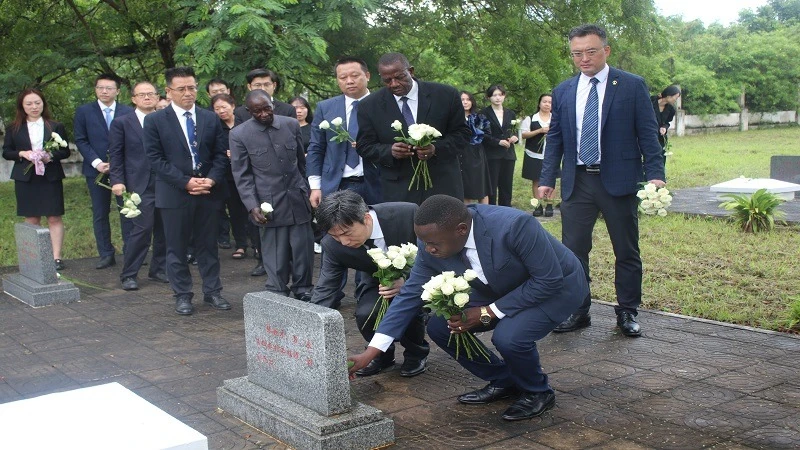
TOP officials of the Chinese Embassy in Dar es Salaam have lately used a gathering too solemnise a major Chinese festival to recall sacrifices made by technicians and workers from the partner states of the Tanzania-Zambia railway (TAZARA). Those sacrifices are seldom talked about these days, occurring during its construction that was terminated precisely 50 years ago. Making this reference at the time of the festival was opportune, as it is a reminder to sections of the public of the principle of human brotherhood that is absent from political literature here. Pundits know of human equality, not brotherhood.
That scores of Chinese workers died during the construction of the railway, along with their Tanzanian and Zambian colleagues isn’t something that many opinion makers make out, partly on account of the fact that media references limit their awareness to the top leaders of the time, Chairman Mao and Mwalimu Nyerere. Even at that level there were other contributions that are too often neglected, for instance the role of Zanzibar militants attached to the Chinese Communist Party after it took power in 1949. They saw it as a natural ally of liberation movements worldwide; it made a difference later.
The current head of mission at the embassy hailed the memorial for 70 Chinese experts who dedicated their lives to building the railway, where over 160 workers, among them 64 Chinese, died during the process of construction. This was known for a while among the older generation of civic and political leaders but memories tend to fade, such that there are tendencies of not realising that Chinese people have been part of development efforts here for decades. Separating this involvement from right of residence is faulty. The right of residence implies right to some trade or employment, it is part of legality.
This kind of entitlement isn’t questioned anywhere in the world, despite that levels of acceptance and blending into an adopted society may often differ and dramatically at times. The preliminary point however is that society has to make some adaptations to its mental frame at the moment, as many people don’t appear to see the Far East visitors in the same way as they may look at those originating from the Middle East or South Asia, perhaps because they have been around since independence, thus seen as part of society.
What makes a person a rightful resident in any country is entering there legally, and making such presence known to authorities, thus subjected to immigration or such other procedures, etc. When countries interact at the social or economic level there is a certain level of population admixture that is likely to occur, as there is no principle that someone who goes to another country for something useful for the second country must leave after the work or engagement is finished. Creating such ideas comes to discrimination.
Senior government officials readily admit that the founding leaders of the two countries made the historic decision to build the railway, where at the height of the construction effort, the workforce stood at 38,000 Tanzanian and Zambian workers, along with 13,500 Chinese technical and engineering personnel. Were it that the work was being done in the current epoch, with wider global communications, trade inroads from one country to another, many of them would have opted to remain. That is now happening with those engaged in construction projects, the ‘handshake’ they get is often more suitable for engaging in a business at the local level than going back home. That’s fine.
Top Headlines
© 2025 IPPMEDIA.COM. ALL RIGHTS RESERVED






